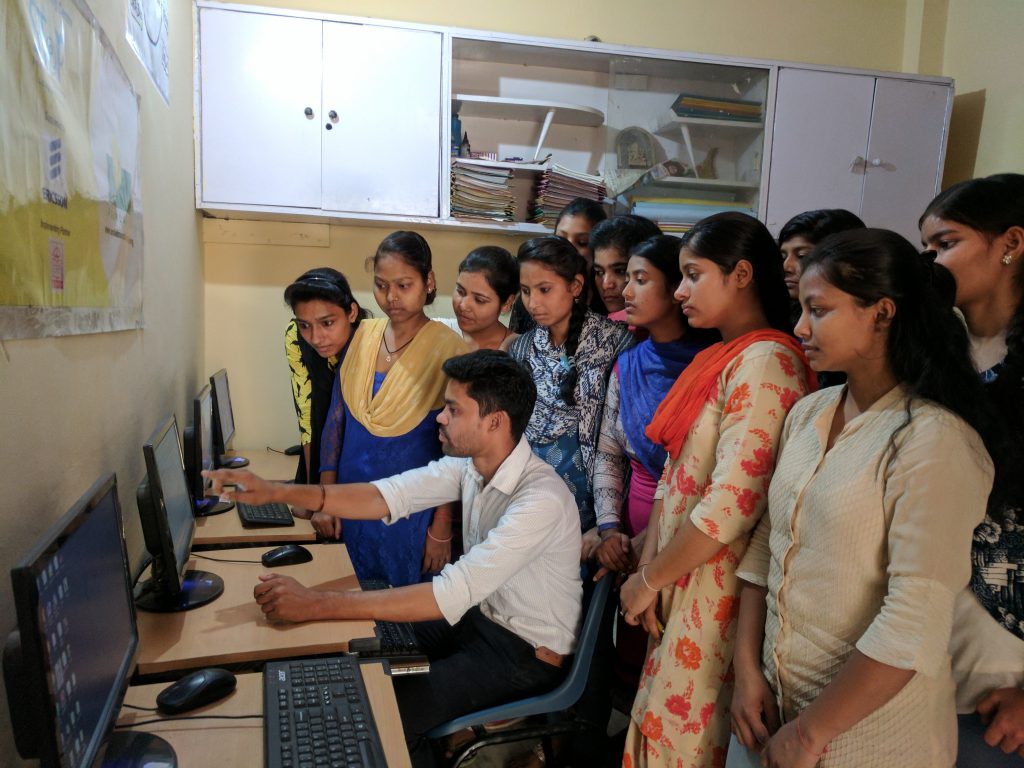World NGO Day, celebrated annually on February 27th, is a moment to recognize and appreciate the invaluable contributions of Non-Governmental Organizations (NGOs) worldwide.
In 2010, World NGO Day was introduced by the Baltic Sea NGO Forum, marking the inception of an annual global event that acknowledges the significant contributions of non-governmental organizations (NGOs) worldwide. This day serves as a platform for NGOs to advocate for policies conducive to their future initiatives. The proposal made by the Baltic Sea NGO Forum in 2010 gained approval in 2012, and initially, the observance of World NGO Day was confined to nations participating in the forum, including Denmark, Estonia, Finland, Germany, and others.
The turning point occurred in 2014 when representatives from esteemed organizations such as the United Nations and the European Union joined the event, expanding its reach beyond the forum participants. Subsequently, World NGO Day transitioned into a truly global celebration, resonating with nations worldwide.
In 2024, the theme revolves around Building a Sustainable Future: The Role of NGOs in Achieving the Sustainable Development Goals (SDGs). This theme underscores the pivotal role that NGOs play in addressing global challenges and steering humanity towards a more sustainable and equitable future.
Understanding NGOs and Their Significance
NGOs, or Non-Governmental Organizations, are entities independent of governmental influence, often driven by a passion for social change, development, and humanitarian causes. Ranging from grassroots organizations to international giants, NGOs operate in diverse fields such as health, education, human rights, and environmental conservation.
- The Global Call for Sustainability: The theme for World NGO Day 2024 aligns with the global urgency to address environmental, social, and economic challenges. The United Nations’ Sustainable Development Goals (SDGs) provide a roadmap for creating a sustainable and inclusive world by 2030. NGOs play a pivotal role in translating these goals into action, bridging gaps, and fostering collaborations that drive positive change.
- NGOs as Catalysts for Change: NGOs act as catalysts for change by leveraging their unique position between governments, businesses, and local communities. Their flexibility and ability to innovate make them instrumental in implementing projects that promote sustainability, eradicate poverty, ensure access to education and healthcare, and address climate change.
- Local Impact, Global Reach: NGOs operate at the grassroots level, directly engaging with communities to understand their needs. Whether it’s a small organization working to provide clean water in a remote village or a large international NGO addressing global health crises, the impact of these organizations ripples across borders, demonstrating the interconnectedness of our world.
Building a Sustainable Future
Now, let’s delve into the ways NGOs contribute to building a sustainable future:
- Environmental Conservation: NGOs play a crucial role in environmental sustainability by championing causes such as climate action, biodiversity conservation, and renewable energy adoption. Through awareness campaigns, policy advocacy, and on-the-ground initiatives, NGOs contribute significantly to mitigating the impact of climate change and preserving our planet for future generations.
- Empowering Communities: Sustainable development is inherently linked to empowering communities. NGOs work tirelessly to uplift marginalized populations, ensuring access to education, healthcare, and economic opportunities. By empowering individuals, NGOs create a ripple effect, fostering self-sufficiency and breaking the cycle of poverty.
- Advocacy and Policy Influence: NGOs act as advocates for change, pushing for policies that align with sustainable development principles. They engage with governments, international bodies, and businesses to influence decisions that have far-reaching consequences. The power of NGOs lies not only in their ability to implement change on the ground but also in their capacity to shape systemic transformations.
- Innovation and Technology for Good: NGOs often lead the way in adopting innovative solutions and leveraging technology to address global challenges. From harnessing digital tools for education to deploying advanced technologies in healthcare, NGOs are at the forefront of finding sustainable and scalable solutions to complex problems.
- Global Collaborations: Achieving the SDGs requires a collective effort. NGOs, with their collaborative nature, facilitate partnerships between governments, businesses, and communities. These partnerships amplify the impact of initiatives, ensuring a holistic and comprehensive approach to sustainable development.
Conclusion
World NGO Day 2024 serves as a reminder of the transformative power that NGOs hold in shaping a sustainable future. As we navigate the complexities of the 21st century, the dedication, innovation, and resilience of NGOs become beacons of hope. The theme underscores the collaborative journey toward a world where no one is left behind, and our planet thrives for generations to come. It is a call to action, urging individuals, governments, and businesses to recognize, support, and actively engage with NGOs in the pursuit of a more sustainable and equitable world.









